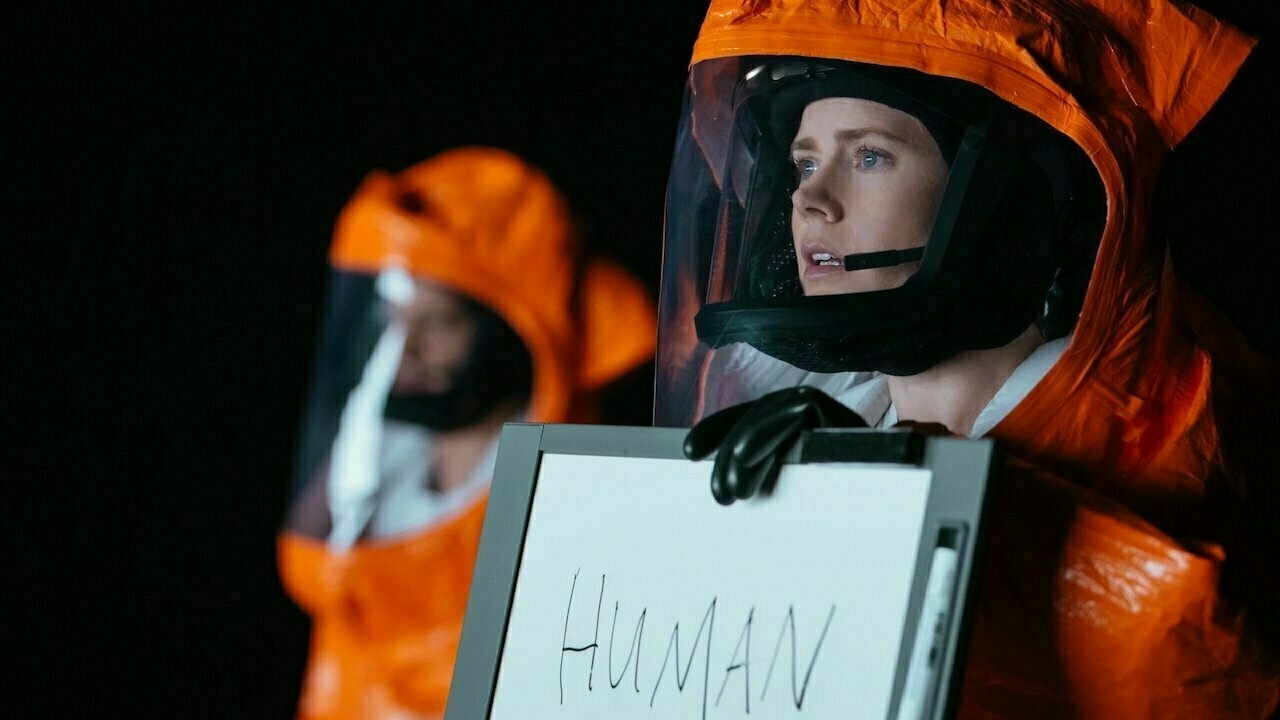Long Form
Arrival (2016): A Review
Arrival is, as it seems, a movie about an alien invasion.
But like all great science fiction, even if Arrival lands more on the the realistic end of things, the film strives to be about something bigger, something greater - and it couldn’t have arrived at a better time.
Our entry point as the audience is Dr. Louise Banks (Amy Adams). Teaching linguistics as a college professor, Banks is quickly brought in by the United States military. Why? Twelve large, alien craft have shown up in locations all around the globe. Once every eighteen hours, a door to these crafts opens up. Our goal as a society? Find out who they are and what they want.
Working alongside military Colonel Weber (Forrest Whittaker, affecting a bizarre accent which is one of the few flaws of the film) and physicist Ian Donnelly (Jeremy Renner, keeping things light for the audience), Louise is fighting against the clock to not only communicate with whatever is in the ships, but work alongside similar programs around the globe, all while tension and worry builds across the world.
Much like last year’s Sicario, director Denis Villeneuve adapts Ted Chiang’s short story Story of Your Life in a way which focuses on the difficulty of the work, the struggle of the journey - but unlike Sicario, a bleak film about the fight against the drug trade - Arrival finds delight and hope in every inch moved forward.
To speak more of what happens would be to ruin the film, but the message of Arrival is strong and universal, one which we could all stand to heed to. It helps that the medicine goes down easier via the sugar of beautiful cinematography by Bradford Young (Ain’t Them Bodies Saints) and a wonderfully experimental score from JÁ³hann JÁ³hannsson (The Theory of Everything).
One final note: expect an ugly cry at the end. Bring the tissues.
Arrival is a wonderful piece of high concept drama, underlined even further by presenting a message we could all use right now. Highest possible recommendation.
Arrival is in theaters now.

Saturday November 12, 2016